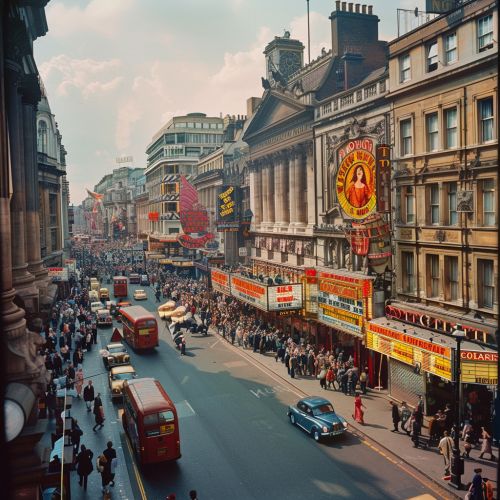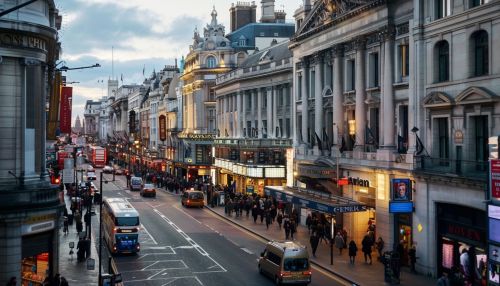London
History
London, the capital city of England, has a rich and complex history that dates back over 2,000 years. The city's origins can be traced back to its founding by the Romans in AD 43, who named it Londinium.
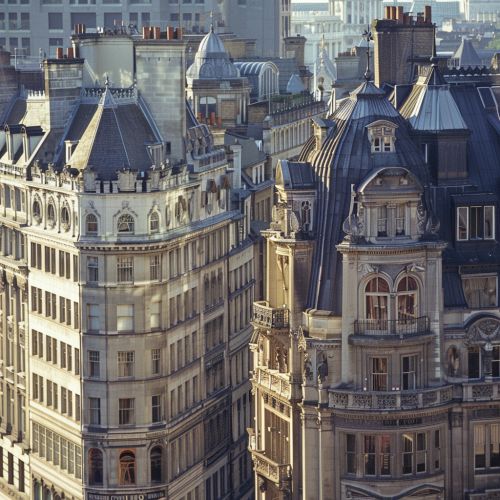
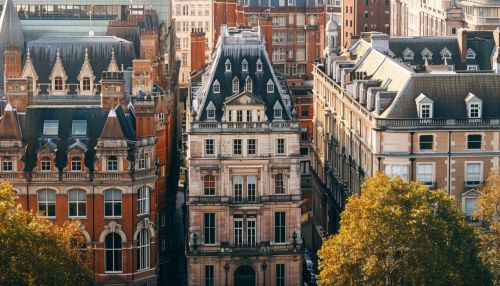
During the Middle Ages, London established itself as one of the great trading cities of the world, with its port handling the bulk of England's imports and exports. The city was a major centre for the wool trade, and later became a hub for the burgeoning cloth industry.
The 16th and 17th centuries were a period of significant growth and change for London. The city became a major centre for the arts, science, and commerce, and saw the establishment of several important institutions, such as the Royal Society and the Royal Exchange.
The 18th century brought the Industrial Revolution, which transformed London from a largely agrarian society into the world's largest and most powerful industrial city. This period also saw significant developments in infrastructure, with the construction of canals, roads, and railways.
The 19th and 20th centuries were marked by rapid expansion, both in terms of population and physical size. London became the largest city in the world, a position it held until the mid-20th century.
The city was heavily bombed during the Second World War, leading to large-scale reconstruction in the post-war period. The late 20th and early 21st centuries have seen significant redevelopment in the city, with the construction of numerous high-rise buildings and the regeneration of several areas.
Geography
London is located in the south-east of England, on the River Thames. The city covers an area of 1,572 square kilometres and has a diverse topography.
The River Thames, which runs through the heart of the city, has played a crucial role in London's development. The river is navigable for large ships as far as the Port of London, and has been a major factor in the city's economic growth.
London's geography is characterised by a wide variety of landscapes, from the flat, low-lying areas in the east to the hilly regions in the north and west. The city is home to several large parks, including Hyde Park and Regent's Park, which provide important green spaces in the urban environment.
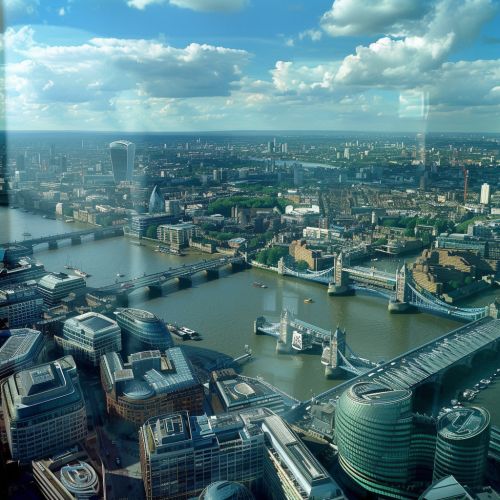
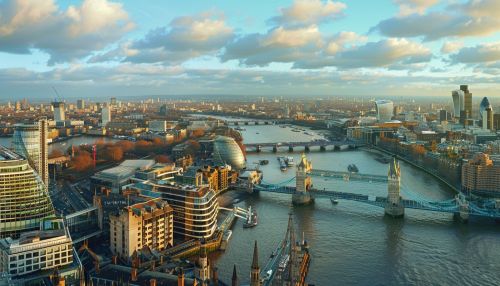
Economy
London has a diverse and vibrant economy, with strengths in a wide range of sectors. The city is a leading global financial centre, with a high concentration of international banks, insurance companies, and investment firms. The London Stock Exchange is one of the world's oldest and largest stock exchanges.
In addition to finance, London has strong sectors in areas such as professional services, media and broadcasting, technology, and tourism. The city is home to many global corporations, and is a major centre for start-ups and innovation.
London's economy is also characterised by its international nature. The city is a major hub for international trade and investment, and is home to a large and diverse workforce from around the world.
Culture
London is a global centre for arts and culture. The city is home to a large number of museums, galleries, theatres, and music venues, and hosts numerous cultural festivals and events throughout the year.
The city's museums and galleries, such as the British Museum, the National Gallery, and the Tate Modern, house some of the world's most important art and cultural artefacts. London's theatre scene is renowned worldwide, with the West End being synonymous with high-quality theatre productions.
London is also a major centre for music, film, and fashion. The city has a vibrant music scene, with a rich history of influential music movements and artists. London's film industry is one of the largest in the world, with the city hosting several major film festivals each year.
